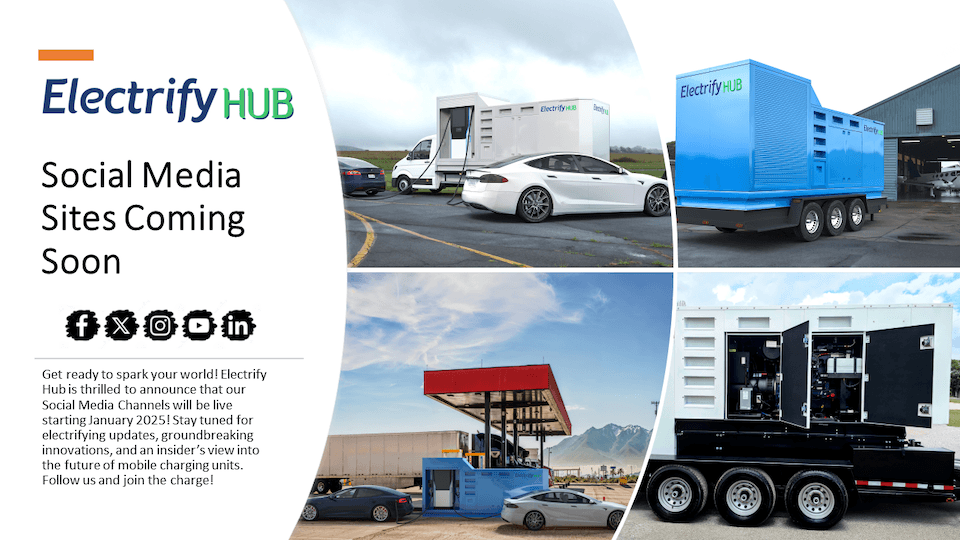
INNOVATING CHARGING
Financial Burden and Upfront Costs
What are they?
The Challenges
Insufficient Utility Infrastructure - Range Limitations
Electricity Supply Reliability
Technological Barriers
Lack of Renewable Energy and Storage Solutions
Range Limitations
The Challenges
Businesses encounter several challenges when considering options to electrify their operations.
Financial burden
Electrification can assist ports in adhering to state and federal regulations.
Additionally, the installation and maintenance of charging infrastructure involves significant expenses, including the purchase and setup of charging stations, ongoing electricity costs, and upkeep of the equipment.
Utility infrastructure
The electric grid, consisting of power plants, transmission lines, distribution lines, substations, and transformers, plays a critical role in supporting electrification.
Although utility companies typically manage public utility infrastructure, limitations within this infrastructure can hinder businesses’ ability to expand operations with new EVs and equipment.
- Grid Replacement: The U.S. electric grid, valued at $1.5–$2 trillion, would require an estimated $5 trillion for full replacement.
- Grid Modernization: The National Council of State Legislatures projects a $2 trillion investment needed by 2030 to modernize the grid.
- EV penetration: Utility companies will need to invest approximately $2.8 billion in transmission and distribution by 2030 to support 1.1 million EVs, equating to around $2,600 per EV.
- Bipartisan Infrastructure Law: Allocates $13 billion for grid modernization.
- Inflation Reduction Act: Provides up to $250 billion in loans to support projects that reduce greenhouse gas emissions from existing energy infrastructure.
- Grid Resilience State and Tribal Formula Grant Program: Offers billions in non-competitive funding to states, territories, and Tribal entities to strengthen and modernize the energy grid.
Range limitations
The limited range of most current EVs, typically between 200-300 miles per charge, can pose challenges for businesses that require long-distance travel. This range constraint may hinder EV adoption for certain operational need.
Electricity Reliability
Reliability of electricity supply is crucial for businesses dependent on newly acquired electric assets. Power outages impose a considerable financial burden, costing U.S. businesses approximately $150 billion annually, according to the U.S. Department of Energy. Outages can lead to lost revenue, equipment damage, data loss, missed transactions, reduced productivity, spoiled inventory, and damage to reputation across various industries.
Technological challenges
Transitioning to electric operations can disrupt established processes, especially for businesses with legacy equipment and outdated systems. Integrating new technology may require significant adjustments to workflows and infrastructure.
Renewable Energy and Storage
While renewable energy sources are essential to sustainable electrification, they come with challenges related to cost and weather-dependence. Developing efficient, cost-effective energy storage technologies is critical to ensure consistent energy availability from renewables.


